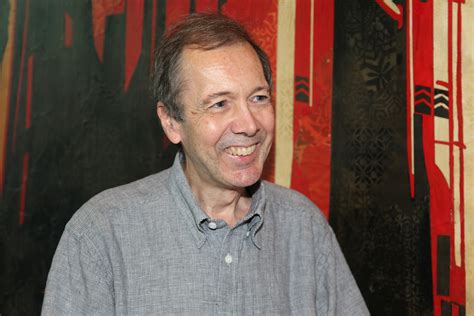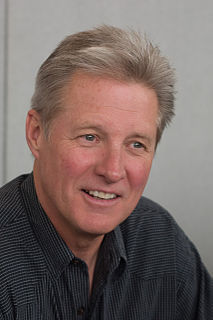A Quote by John C. Maxwell
The english word thanks comes from the same root word as think. Maybe if leaders were more 'think-ful' about the contribution of others, they would be more 'thankful' to them.
Related Quotes
Here's a funny question:What is your favorite word?Think about it—maybe it's a word that makes you absolutely happy, or a word that sounds gloriously beautiful, or a word that evokes awe and wonder. Maybe you are reminded of a great time when you hear it, or maybe it represents your life's dream.So, what is it? What is your favorite word of all words?Thought about it yet?Good.And now, think why.
The larger an English industry was, the more likely it was to go bankrupt, because the English were not naturally corporate people; they disliked working for others and they seemed to resent taking orders. On the whole, directors were treated absurdly well, and workers badly, and most industries were weakened by class suspicion and false economies and cynicism. But the same qualities that made English people seem stubborn and secretive made them, face to face, reliable and true to their word. I thought: The English do small things well and big things badly.
Certain individual words do possess more pitch, more radiance, more shazam! than others, but it's the way words are juxtaposed with other words in a phrase or sentence that can create magic. Perhaps literally. The word "grammar," like its sister word "glamour," is actually derived from an old Scottish word that meant "sorcery." When we were made to diagram sentences in high school, we were unwittingly being instructed in syntax sorcery, in wizardry. We were all enrolled at Hogwarts. Who knew?
We are in love with the word. We are proud of it. The word precedes the formation of the state. The word comes to us from every avatar of early human existence. As writers, we are obliged more than others to keep our lives attached to the primitive power of the word. From India, out of the Vedas, we still hear: On the spoken word, all the gods depend, all beasts and men; in the world live all creatures...The word is the name of the divine world.





































